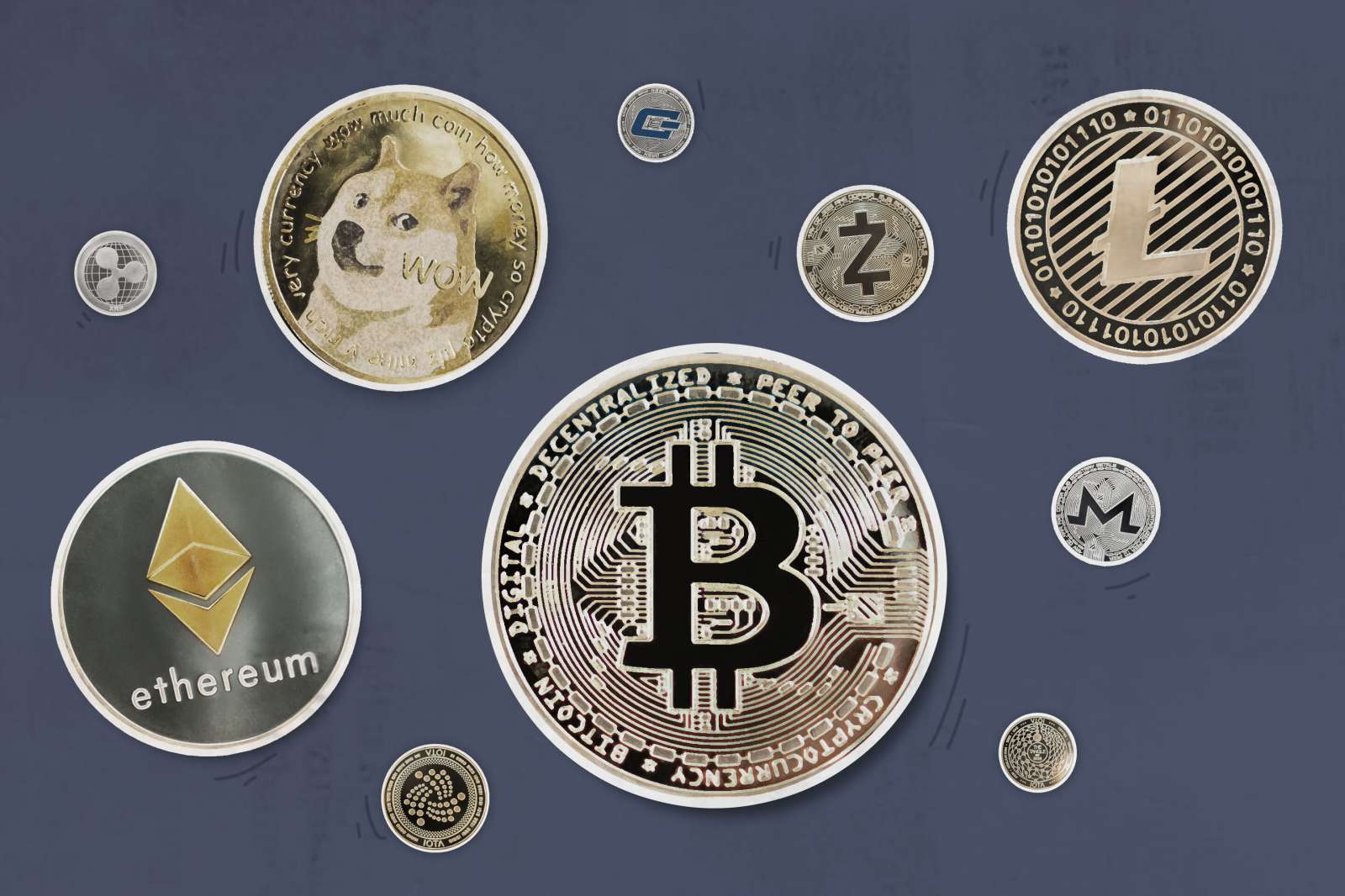What asset is digital currency?
- 全网都在看Original
- 2024-04-28 14:35:50712browse
Digital currency is a digitized and encrypted digital asset based on the blockchain. Its main features include digitization, encryption, decentralization, transparency and scarcity. Digital currency types include Bitcoin, Ethereum, Litecoin, stablecoins, and utility tokens. Uses include value storage, payments, remittances, smart contracts and decentralized governance.

Digital currency is a digital asset
Digital currency, also known as cryptocurrency, is a currency created using encryption technology and protected digital assets. It is not based on a physical carrier, but is dispersed on distributed ledgers such as blockchain.
Characteristics of digital currency
Digital currency has the following key characteristics:
- Digitalization: Exists entirely in numbers form and cannot be held in physical form.
- Encryption: Use encryption algorithms to protect transactions and privacy.
- Decentralization: Not controlled by a central bank or government.
- Transparency: Transaction records are usually publicly visible.
- Scarcity: Many digital currencies have a limited supply.
Types of digital currencies
There are various types of digital currencies, including:
- Bitcoin ( BTC): The first and most well-known digital currency.
- Ethereum (ETH): Known for its smart contract functionality.
- Litecoin (LTC): Similar to Bitcoin, but faster transactions.
- Stablecoin: A digital currency pegged to a fiat currency (such as the U.S. dollar).
- Utility Token: A digital currency used within a specific platform or ecosystem to provide specific functionality or access.
Uses of Digital Currency
Uses of Digital Currency include:
- Store of Value:Some Digital currencies are viewed as investments that can increase in value.
- Payment: Many businesses now accept digital currencies as a form of payment.
- Remittance: Digital currencies can enable fast and low-cost cross-border remittances.
- Smart Contracts: Some digital currencies, such as Ethereum, are used to create smart contracts, which are automated agreements that are executed on the blockchain.
- Decentralized Governance: Some digital currencies allow their holders to participate in network governance.
The above is the detailed content of What asset is digital currency?. For more information, please follow other related articles on the PHP Chinese website!
Related articles
See more- Analysis on the selection and use skills of Ethereum mining pool
- Digital Currency Quantitative Trading App Ranking: Top Ten Preferred Platforms
- The UK Financial Supervisory Authority plans to charge stablecoin issuers and digital asset custodians to recover US$8 million in regulatory costs
- Covalent Network (CQT)'s Ethereum Time Machine: Ensuring Long-term Data Availability in the Rollup Era
- What are the major cryptocurrency exchanges?

